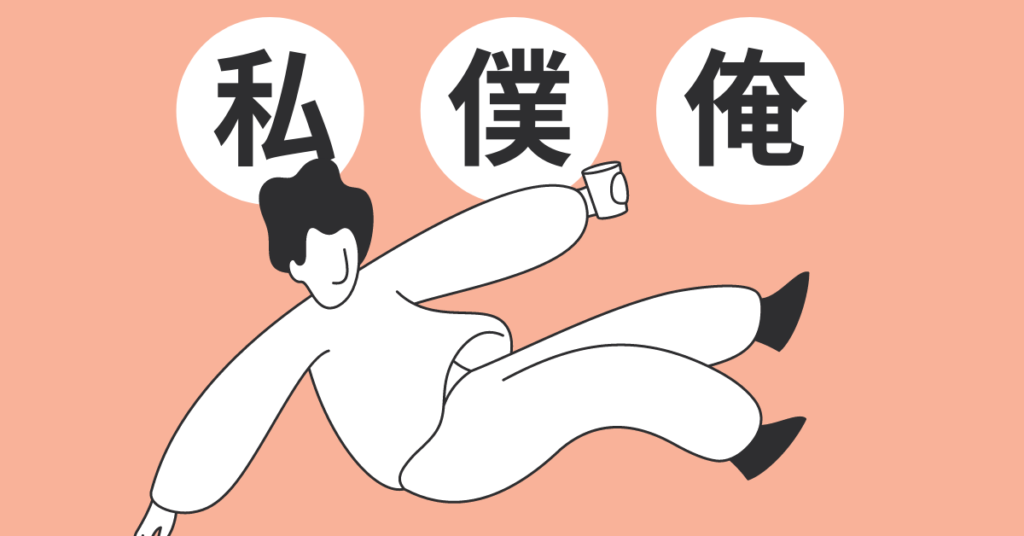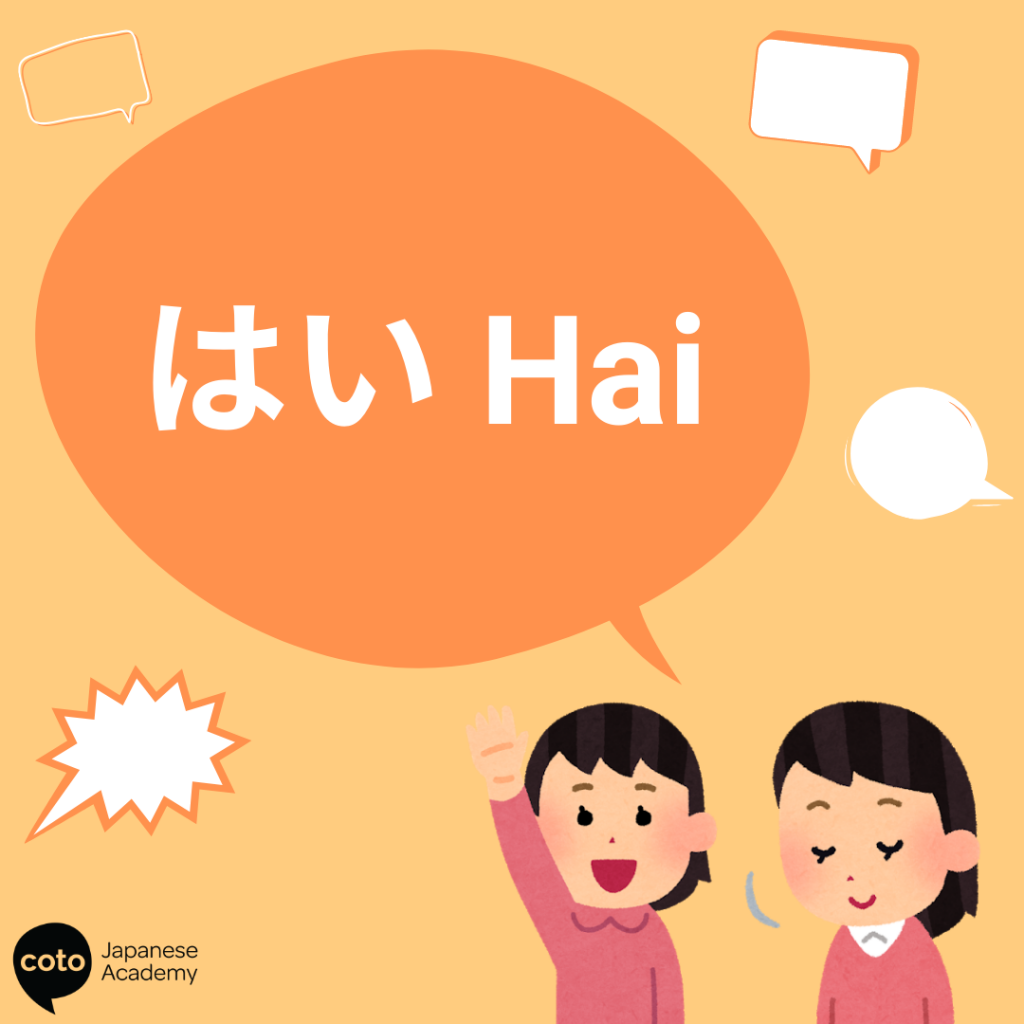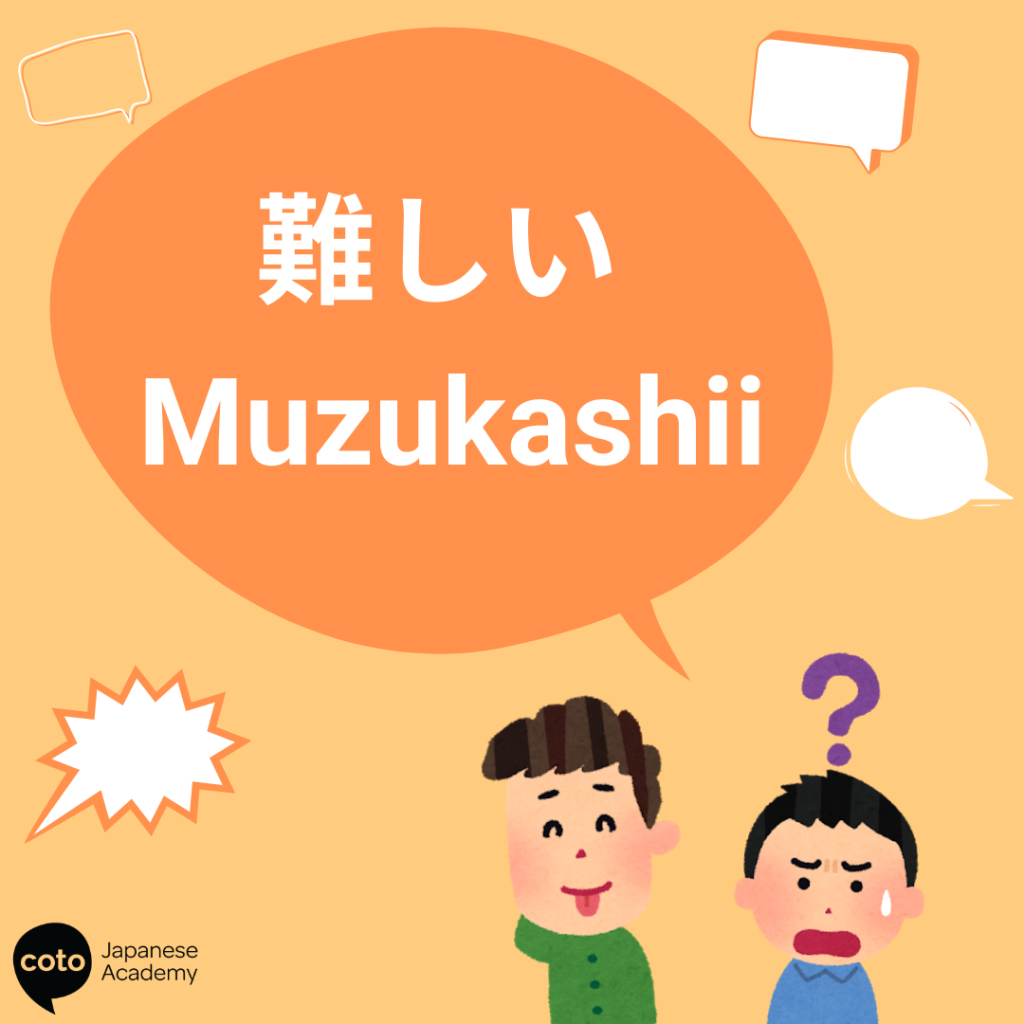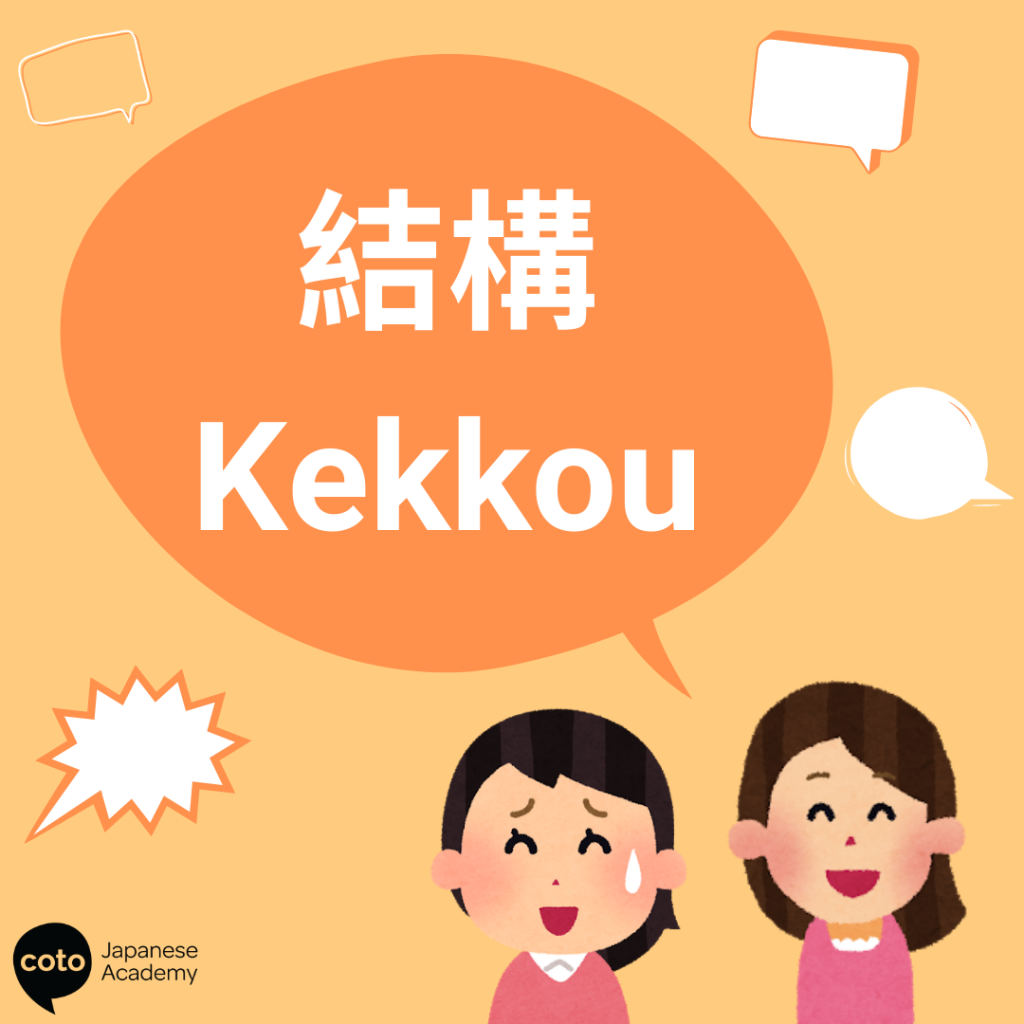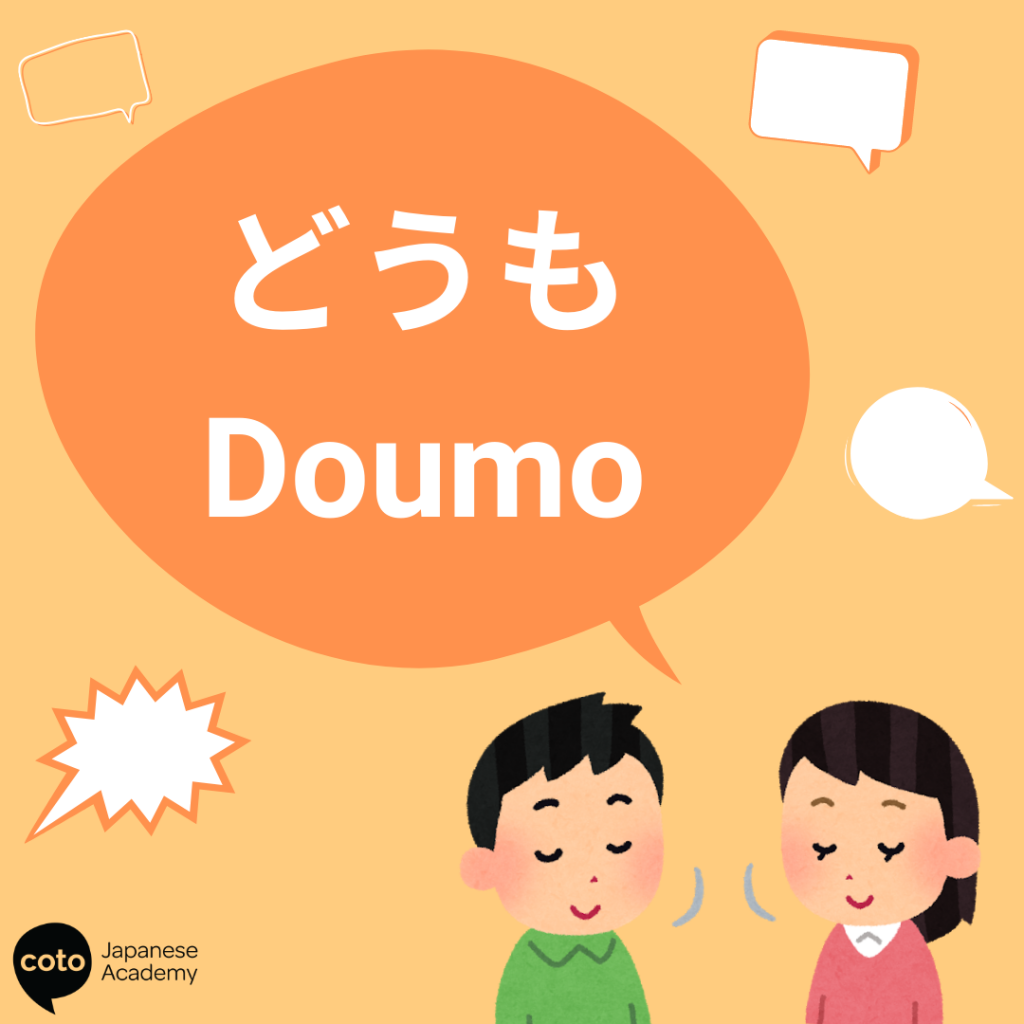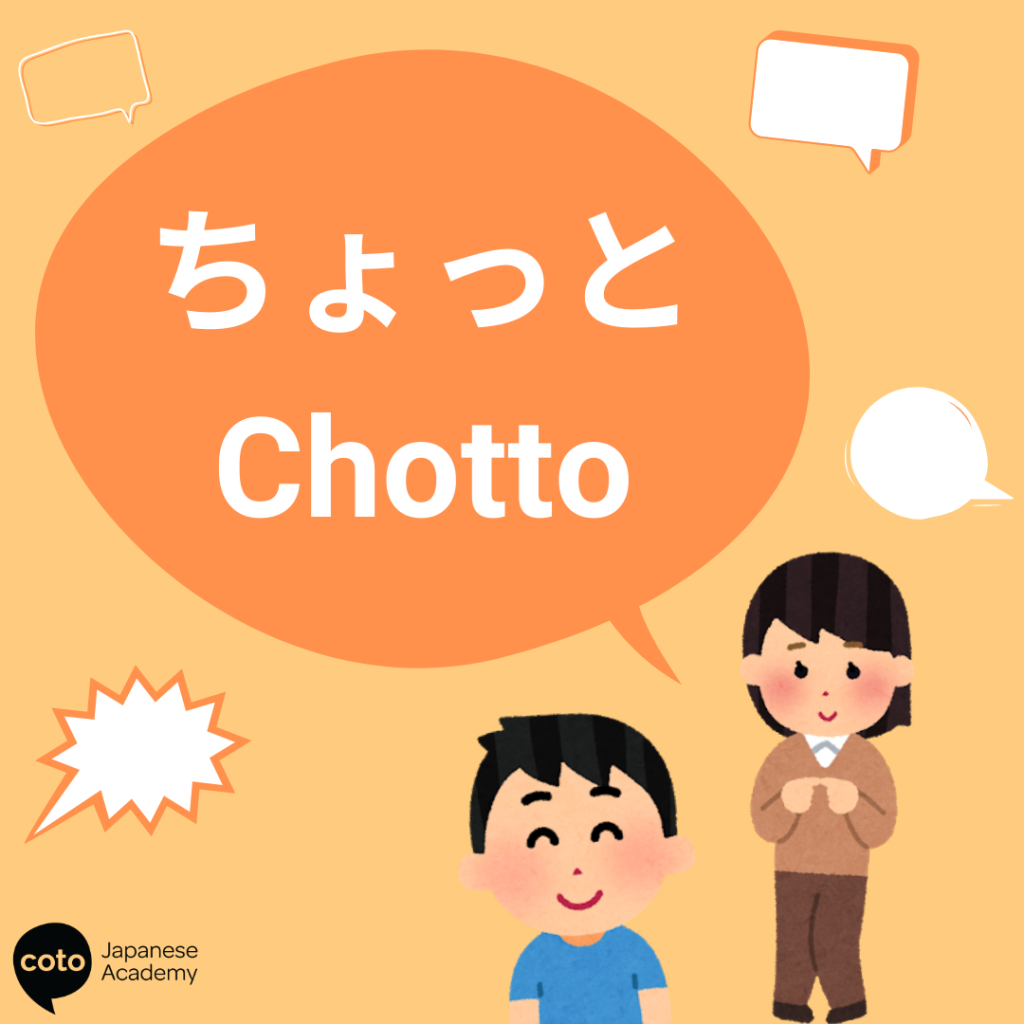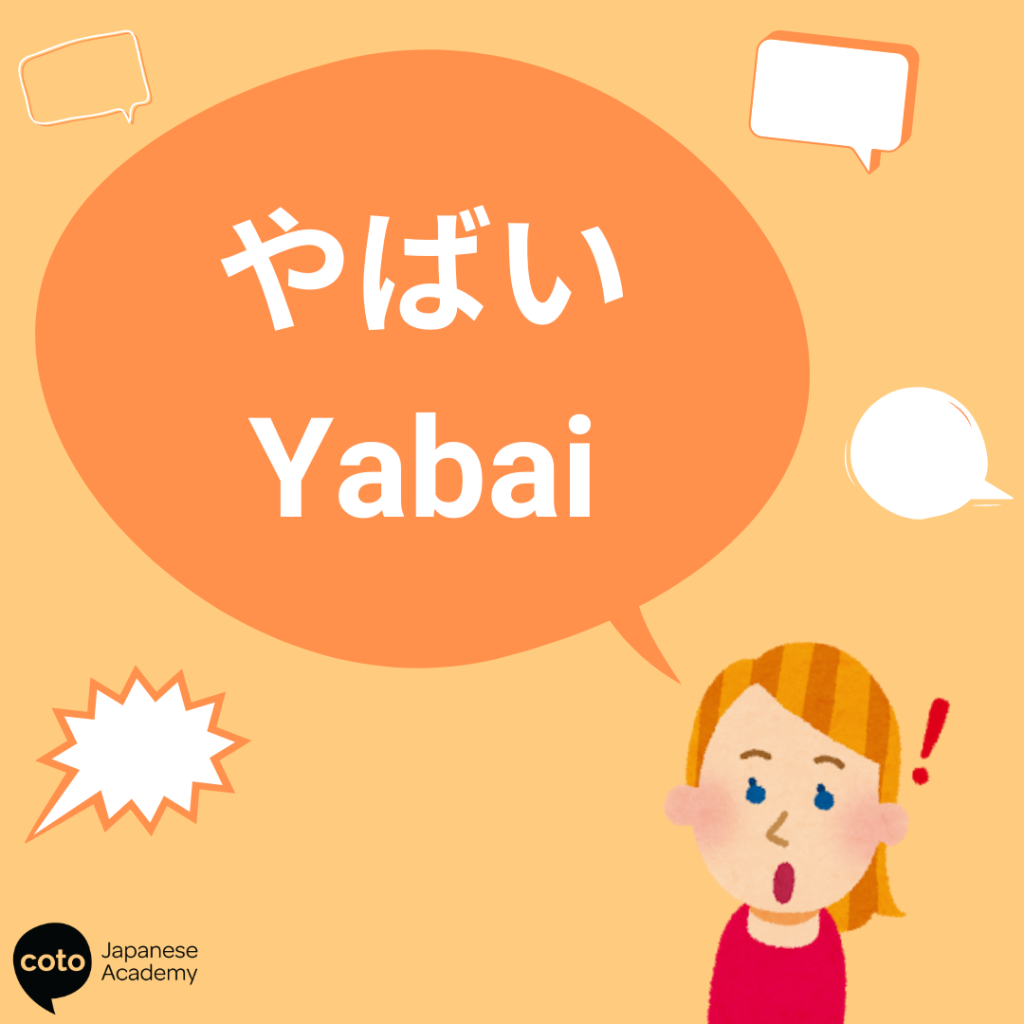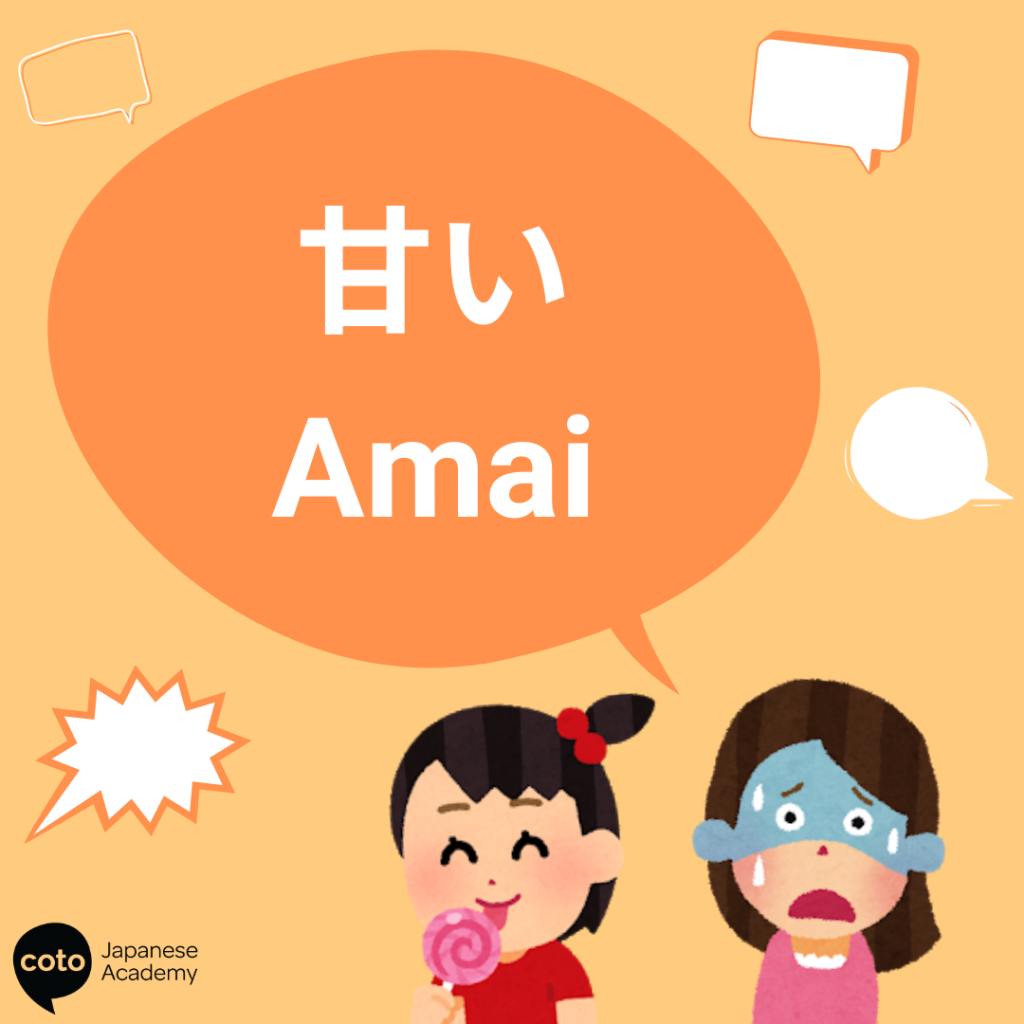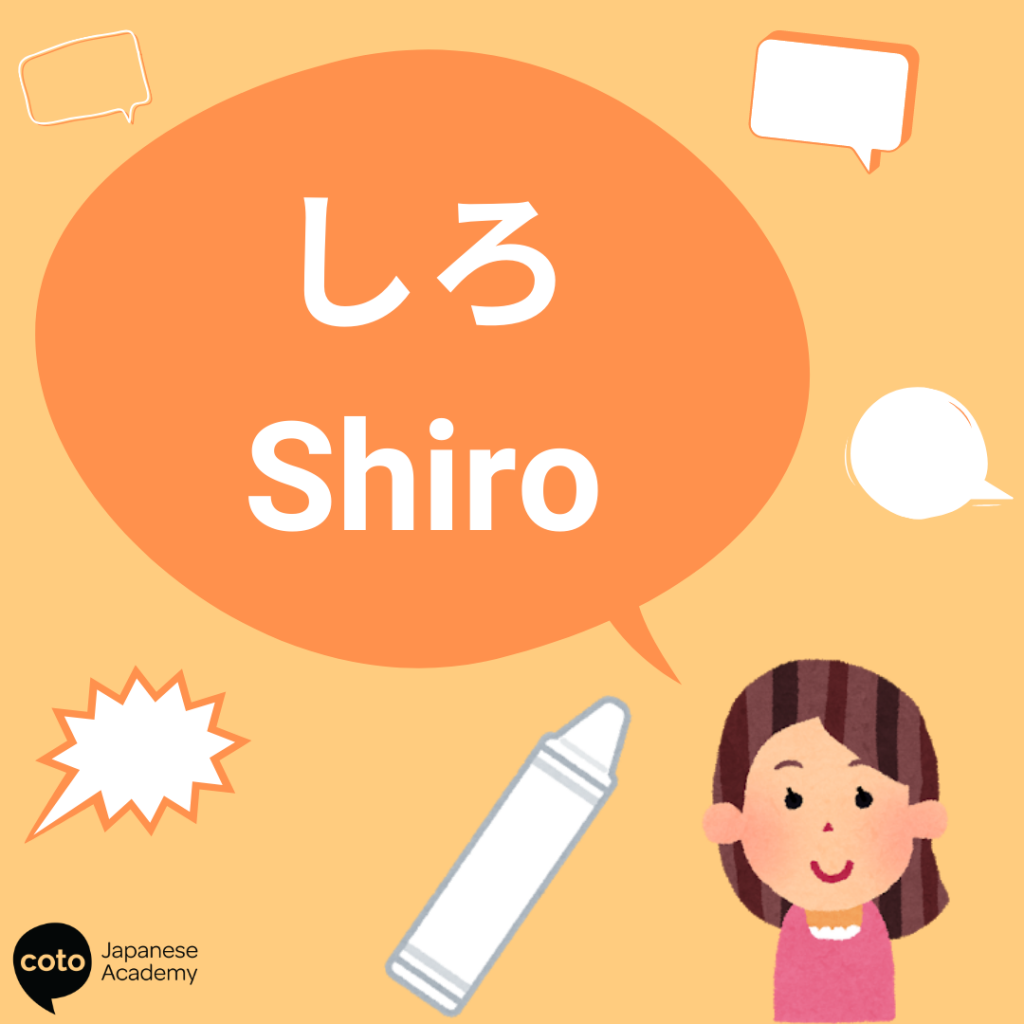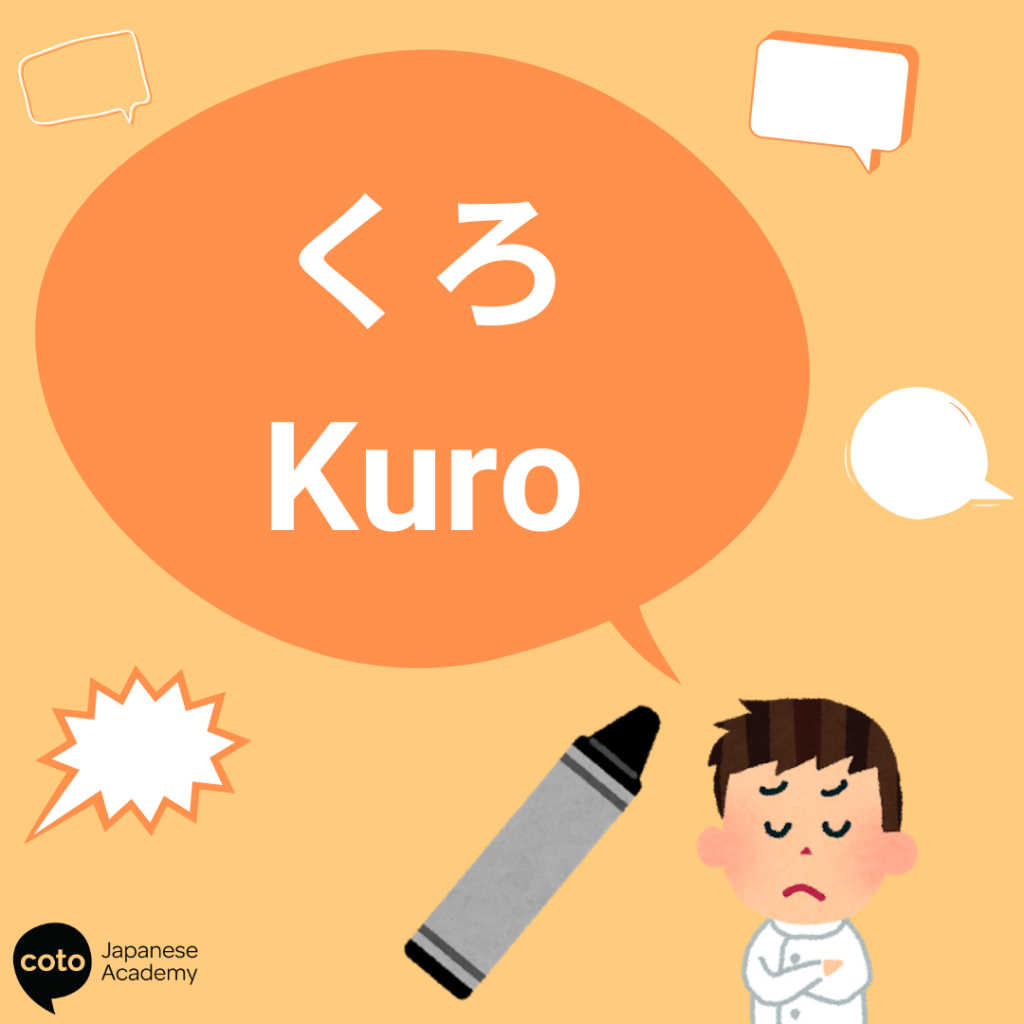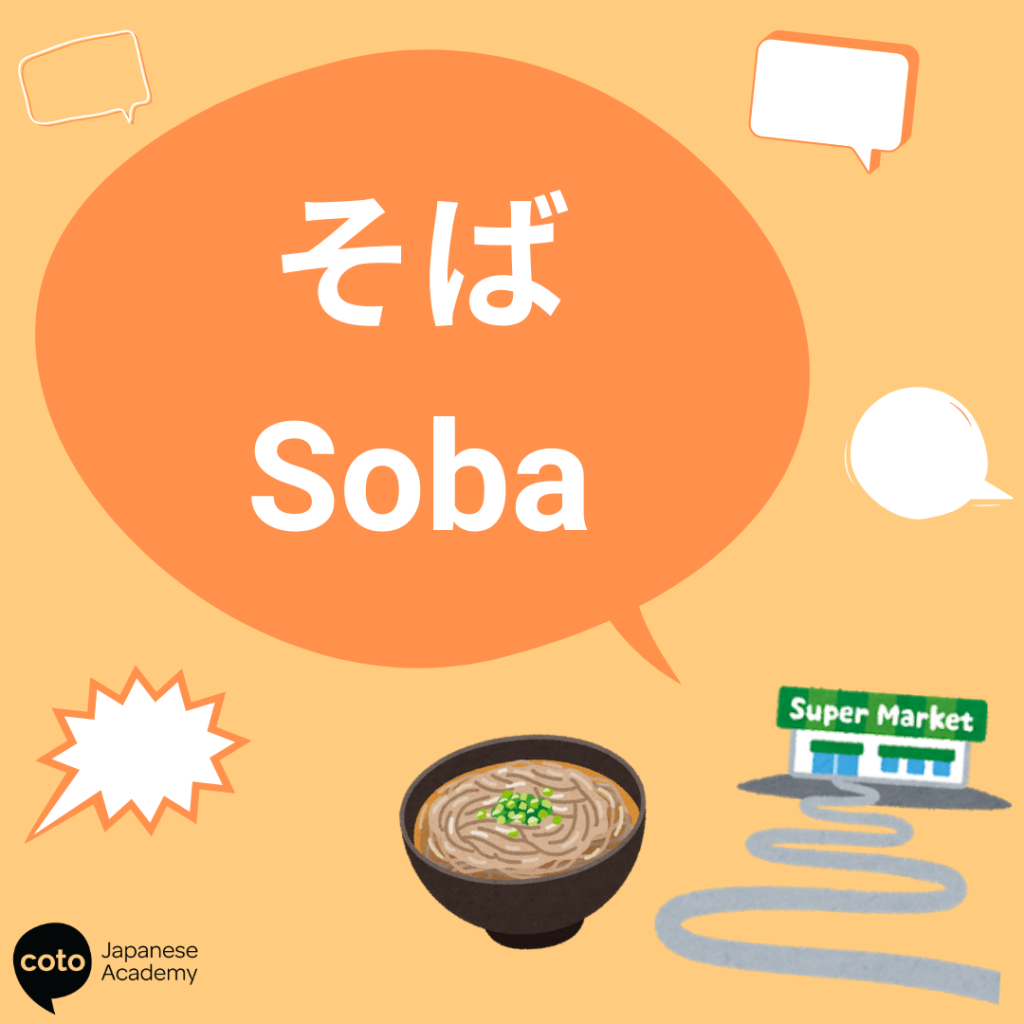We’ve already presented the Japanese slang “nanpa” and “gyakunan” to describe flirting with someone – in particular on the street. This time, let’s get more serious and develop important words for dating in Japanese. Whether you live in Japan for a short time or for a few years, you never know what might happen. Who knows, maybe you will have a date with a Japanese friend tomorrow! So, how would you say dating in Japanese?
How to say “do you have a boyfriend/girlfriend” in Japanese?
First thing first, you might want to know if the lucky one is single. How would you ask “if he or she is already in a relationship? or If she has a boyfriend/he has a girlfriend?” in Japanese?
A natural, idiomatic way to say it would be 「つきあっている人がいますか?」”Tsukiatte iru hito ga imasu ka?”. Literally, “Is there someone you are dating?”. The verb “tsukiau” 「つきあう」「付き合う」is pretty much the same meaning as “dating” in English.
Example:
A:「つきあっている人がいますか?」
B: 「彼氏・彼女がいます。」
A: tsuki atte iru hito ga imasu ka
B: kareshi / kanojyo ga imasu.
A: Are you dating someone?
B: I have a boyfriend / girlfriend.

How to say “wanna go out with me?” in Japanese?
If he or she is single, you might wonder how to ask, “Will you go out with me?” in Japanese. Once again, the verb “tsukiau” will be one natural way to ask.
A: 「ぼくと/わたしとつきあってもらえませんか?」
A: Boku to / Watashi to tsukiatte moraemasen ka?
However, it is important to be careful with the verb “tsukiau”. While the broad definition is “to socialize,” the meaning changes greatly according to the context. Let’s review two of the most important nuances.
The main one is “to accompany somebody somewhere”, without any romantic involvement. It can be translated as “to be associated with”, “to go around together”, “to keep somebody’s company”.
- 「今日の帰りに本屋さんに行くんだけど、付き合ってくれない?」
- Kyou no kaeri ni honya-san ni iku n da kedo, tsukiatte kurenai?
- “I’m going to the bookshop on the way home today. Would you like to come along with me?”
- 「人と付き合うのを嫌う」
- Hito to tsukiau no wo kirau.
- To be insociable (to prefer one’s own company).
The second meaning is specific to love, as it means “to be in a boyfriend-girlfriend relationship.”
- 「3年付き合ってた彼と別れたばかりで、今付き合ってる人はいません。」
- San-nen tsukiatteta kare to wakareta bakari de, ima tsukiatteru hito wa imasen.
- I’m not going out with anyone at the moment. I’m just broken up with a guy I was with for three years.
- 「君達はいつからつきあっているのですか。」
- Kimitachi wa itsu kara tsukiatte iru nodesu ka
- How long have you been dating?
Another word for dating in Japanese
Another way to talk about dating in Japanese would be through the word “deeto” 「デート」 which derived from the English word “date”. The word was first introduced to the Japanese language at the end of the 19th century and became popular among the young generation of the middle class during the 20th century. It was used to express the day and time a man and a woman decide to meet. The introduction of the American dating culture was a culture shock, as previously, Japanese did not go on dates casually but always with the mindset of marriage.
- 「デートする」”deeto suru” to go on a date with
- 「彼氏・かのじょとデートがある」”kareshi/kanojyo to deeto ga aru” = to have a date with your boyfriend/girlfriend”
- 「デートに行ってくれますか?」”deeto no itte kuremasen ka?” = Will you go on a date with me?
- 「彼女をデートに誘った。」”kanojyo wo deeto ni sasotta” = I asked her for a date.
You might wonder if there is a difference between “deeto” and “tsukiau”. Well, deeto would be used for a few casual dates with someone, whereas “tsukiau” implies a deeper relationship with that person. How many dates you should have before it’s a relationship is still a mystery!
- 「付き合うまで何回デートする?」”tsukiau made nan kai deeto suru?” “how many date before being in a relationship?”
Now, that you have learnt how to say dating in Japanese, you are ready to go out asking someone on a date! If that date is successful, how would you ask to meet again?
- 「今度いつ会えますか。」
- Kondo itsu aemasuka?
- When can I see you next time?

If someone decides to cancel on you last minute, do you know what it’s called in Japanese slang? Find out more here!
Dating Culture in Japan – Valentine’s Day and White Day
Valentine’s Day (バレンタインデー) and White Day (ホワイトデー) are two significant romantic holidays in Japan, each with its unique traditions. Valentine’s Day is on February 14th, and White Day is on March 14th.
Unlike in many Western countries where men and women exchange gifts on February 14th, Valentine’s Day in Japan is primarily a day for women to give chocolates to men. There are different types of chocolates given on this day: “honmei choco” (本命チョコ) is meant for romantic partners, “giri choco” (義理チョコ) is given to colleagues and male friends out of obligation, and sometimes “tomo choco” (友チョコ) is shared among female friends. To read more about this, read our blog here.
Exactly one month later, on March 14th, White Day, men who received chocolates are expected to return the favor with a gift typically valued at two to three times the amount they received. Common gifts on White Day include chocolates, cookies, marshmallows, jewelry, and even plush toys, depending on the nature of the relationship. Usually, reciprocating also means that the man has accepted the woman’s feelings for him, meaning he accepts to become a couple together or start dating!
Valentine’s Day and White Day remain culturally important. They add a structured element to Japanese romantic customs, emphasizing thoughtfulness and reciprocity in relationships.
Dating Sites or Apps in Japan
Online dating in Japan has grown significantly in recent years, with more people turning to dating apps and websites to find relationships. While traditional matchmaking methods like 合コン gokon (group blind dates) and お見合い omiai (arranged meetings for marriage) still exist, dating apps have become a mainstream way to meet potential partners, especially in urban areas.
Regarding using these dating sites or apps in Japan, Japanese users prefer detailed profiles with clear photos and descriptions of hobbies, jobs, and interests, favoring selfies or professional-looking pictures over group photos. Good to note is that many apps nowadays require identity verification to reduce fake accounts. In Japan, messaging your interest tends to start formally (です・ます form) before gradually becoming casual, with users taking time to get to know each other before meeting. If the chat went well, it is about time to meet in person. First dates are usually low-pressure, often at a café, with some preferring group outings first. Most importantly, punctuality and politeness are important, and being too forward can be off-putting.
Most Popular Dating Sites in Japan
There are a couple dating apps and sites that are used widely in Japan, here are a few suggestions:
- Pairs (ペアーズ) – This app focuses on long-term relationships.
- Omiai (お見合い) – Similar to Pairs, but more marriage-focused.
- Tapple (タップル) – More casual and fun, great for younger users.
- with (ウィズ) – Uses personality tests to match users.
- Tinder – More popular among foreigners and those looking for casual dating.
- Bumble – Similar to Tinder.
FAQ
How do I ask someone on a date in Japanese?
- デートに行きませんか? (Dēto ni ikimasen ka?) – “Would you like to go on a date?”
- 今度、一緒にご飯でもどうですか? (Kondo, issho ni gohan demo dō desu ka?) – “How about grabbing a meal together sometime?”
How do I ask someone out casually in Japanese, without making it sound too serious?
- 今度、一緒に遊びに行かない? (Kondo, issho ni asobi ni ikanai?) – “Want to hang out sometime?”
- お茶でもどう? (Ocha demo dō?) – “How about some tea?” (Casual and light)
What if I want to ask someone out formally or politely in Japanese?
- よろしければ、食事に行きませんか? (Yoroshikereba, shokuji ni ikimasen ka?) – “If you’d like, shall we go for a meal?”
- お時間があれば、お茶でもいかがですか? (Ojikan ga areba, ocha demo ikaga desu ka?) – “If you have time, how about some tea?”
How do I respond if someone asks me out in Japanese?
Yes (Accepting the Date)
- いいですね!行きましょう! (Ii desu ne! Ikimashou!) – “That sounds great! Let’s go!”
- 楽しみです! (Tanoshimi desu!) – “I’m looking forward to it!”
No (Declining Politely)
- すみません、その日は予定があります。 (Sumimasen, sono hi wa yotei ga arimasu.) – “Sorry, I have plans that day.”
- ごめんなさい、ちょっと忙しいです。 (Gomen nasai, chotto isogashii desu.) – “Sorry, I’m a bit busy.”
What are some good date spots to suggest in Japan?
- カフェ (Cafe) – Casual and relaxed
- 公園 (Kōen – Park) – Nice for a walk and conversation
- 映画館 (Eigakan – Movie theater) – Classic date idea
- 水族館 (Suizokukan – Aquarium) – Romantic atmosphere
- 神社・お寺 (Jinja / Otera – Shrine/Temple) – Cultural and scenic
How do I ask someone if they are free on a specific day in Japanese?
- 〇〇日は空いていますか? (〇〇-nichi wa aite imasu ka?) – “Are you free on [date]?”
- 週末は暇ですか? (Shūmatsu wa hima desu ka?) – “Are you free this weekend?”
How do I confirm the time and place for the date in Japanese?
- 何時にどこで待ち合わせしますか? (Nanji ni doko de machiawase shimasu ka?) – “What time and where shall we meet?”
- 〇〇駅の前でいいですか? (〇〇 eki no mae de ii desu ka?) – “Is in front of [station] okay?”
Featured image by Kelly Sikkema on Unsplash

